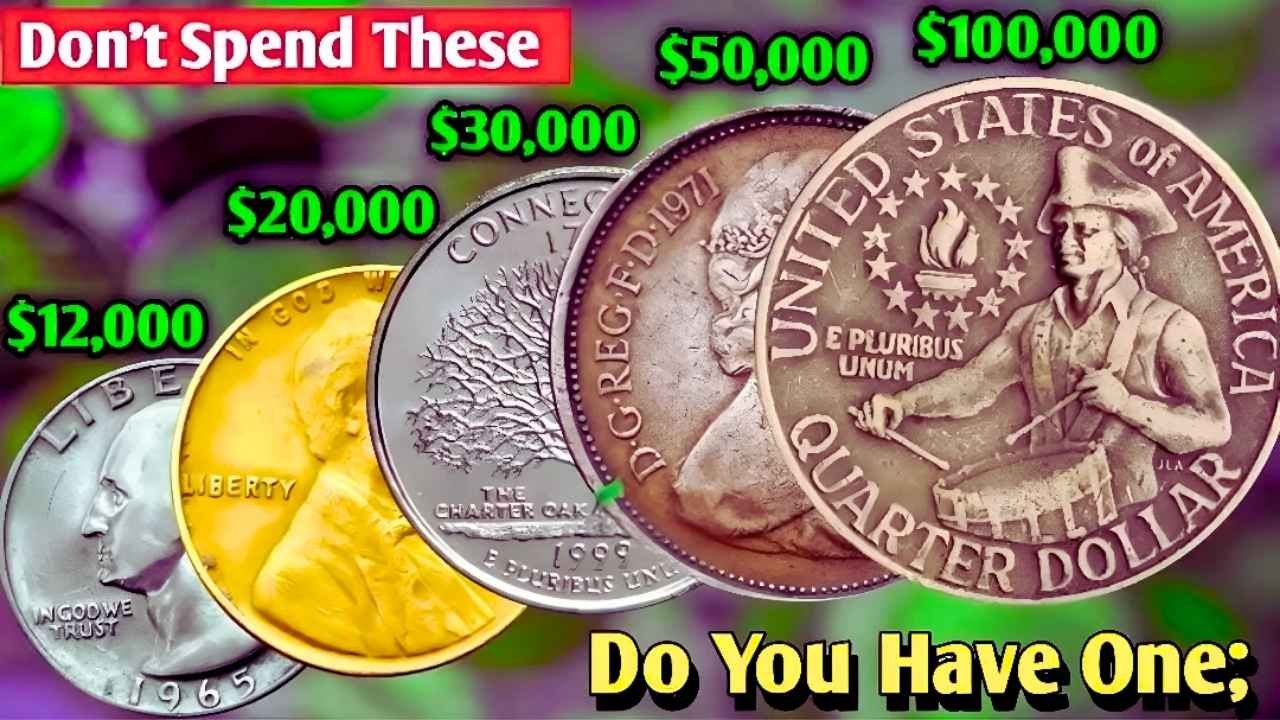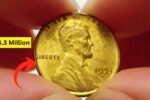You might be carrying a small fortune without even knowing it. Some old coins tucked away in pockets, jars, or old boxes are catching the eye of collectors, with rare ones selling for as much as $1.9 million. If you’ve got loose change lying around, it’s time to take a closer look you could be holding a piece of history that’s worth a life-changing amount.
What Makes a Coin So Valuable?
Certain coins are prized for their rarity, history, or unique features. For example, a 1913 Liberty Head Nickel or a 1933 Double Eagle can fetch millions because so few were made or survived. Mistakes during minting, like double strikes or wrong designs, also make coins more valuable. Collectors pay top dollar for coins in great condition, especially if they’re from limited runs or have a special backstory.
Which Coins Are Worth the Big Bucks?
The most valuable coins often come from specific years or have distinct markings. A 1913 Liberty Head Nickel, for instance, sold for $1.9 million at auction due to its rarity—only five are known to exist. Other coins, like the 1969-S Lincoln Cent with a doubled die, can go for thousands. Condition is key: coins with clear details and no wear are worth way more than scratched or worn ones.
| Coin Type | Key Feature | Potential Value |
|---|---|---|
| 1913 Liberty Head Nickel | Only 5 known to exist | Up to $1.9 million |
| 1933 Double Eagle | Rare, most were melted | $500,000–$1.5 million |
| 1969-S Lincoln Cent | Doubled die error | $5,000–$50,000 |
How to Spot a Valuable Coin
Checking your coins is simple. Look at the year and any special marks, like a mint mark (a tiny letter like “S” or “D” showing where it was made). Use a magnifying glass to spot errors, like doubled letters or misaligned designs. Check the coin’s condition—shiny, unworn coins are best. You can compare your finds to online guides or apps like PCGS CoinFacts to see if they match high-value coins still in circulation.
What to Do If You Find a Rare Coin
If you think you’ve got a valuable coin, don’t clean it—cleaning can ruin its worth. Take clear photos and research it on trusted sites like eBay or coin collector forums. For potentially big-ticket coins, reach out to a professional appraiser or auction house like Stack’s Bowers. They can confirm if it’s real and help you sell it. Store the coin in a soft cloth or plastic holder to keep it safe.
Start Digging Through Your Change
Every day, rare coins are still being found in pocket change, cash registers, or old collections. That penny or nickel you’ve been ignoring could be worth thousands or even millions. With collectors eager to pay for these hidden treasures, now’s the perfect time to check your coins. A quick look might turn a forgotten piece of change into a massive payday.



